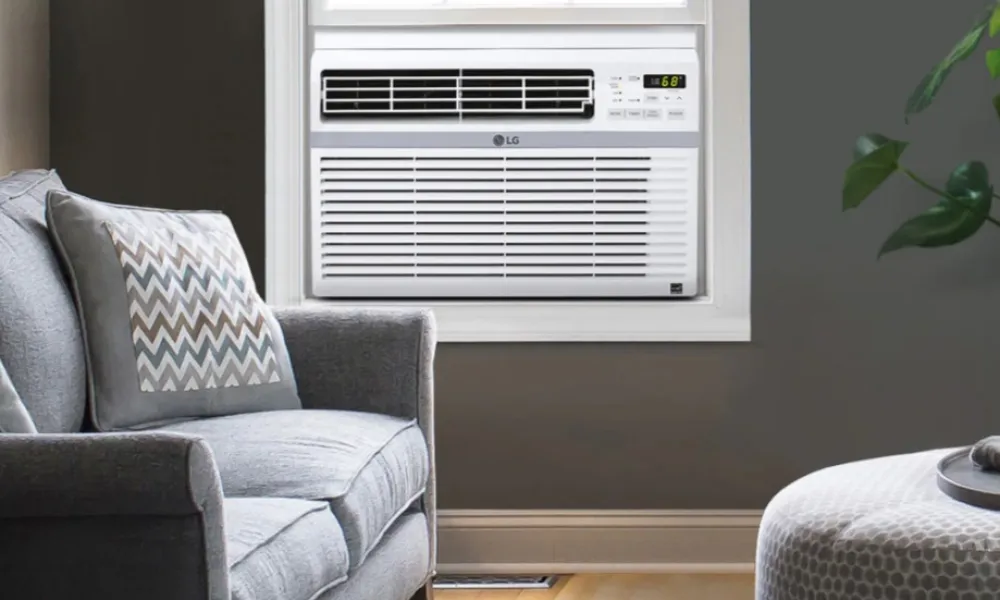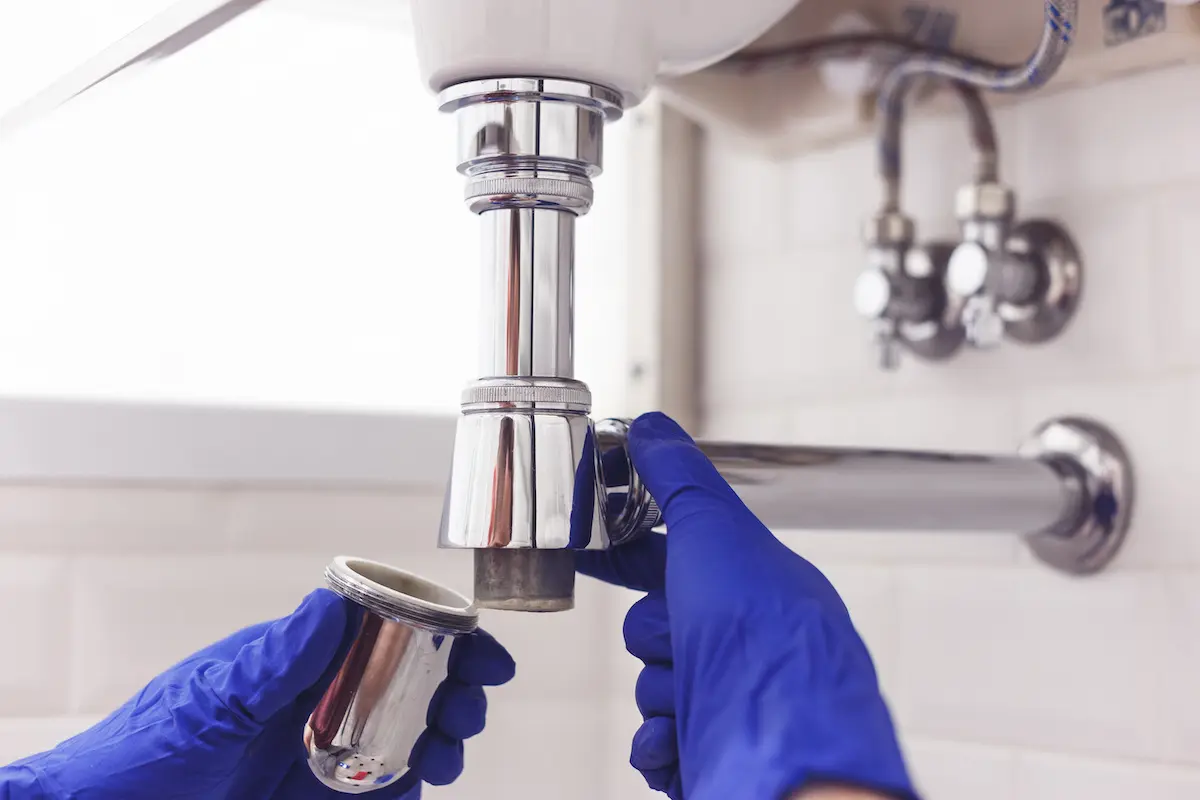Buying or selling a home is a significant financial decision, and a thorough home inspection is essential to identify potential issues before finalizing the transaction. A qualified home inspector provides an objective assessment of a property’s condition, helping homeowners and buyers make informed decisions.
Choosing the right professional for your Inspection de bâtiment Inspectiprop ensures that you receive a detailed, accurate, and reliable evaluation. This guide outlines the key factors to consider when selecting a home inspector for your property.
1. Verify Licensing and Certification
A reputable home inspector should hold proper certifications and licenses that comply with local regulations.
- Check if the inspector is a member of recognized industry associations, such as:
- InterNACHI (International Association of Certified Home Inspectors)
- ASHI (American Society of Home Inspectors)
- ANIEB (Association nationale des inspecteurs et experts en bâtiments) in Quebec
- Confirm that they have state or provincial certification, if required.
Hiring a certified professional guarantees that the inspector follows industry standards and best practices.
2. Look for Experience in the Industry
The experience level of a home inspector directly impacts the quality and depth of the inspection report.
- Choose an inspector with several years of experience in residential and commercial inspections.
- Ask how many inspections they conduct per year to gauge their expertise and efficiency.
- Prefer inspectors with backgrounds in construction, engineering, or architecture, as they have a stronger understanding of structural integrity.
An experienced home inspector is more likely to identify hidden defects and provide expert recommendations.
3. Check Customer Reviews and Testimonials
A good reputation is a strong indicator of a home inspector’s reliability.
- Read online reviews on Google, Yelp, and real estate forums.
- Ask for client references or testimonials from previous inspections.
- Look for patterns in feedback, such as thoroughness, professionalism, and accuracy.
Positive reviews demonstrate trustworthiness and customer satisfaction.
4. Request a Sample Home Inspection Report
The quality of the inspection report reflects how detailed and useful the findings will be.
- A good report should include:
- Clear explanations of findings with easy-to-understand language.
- Photos of key areas, such as plumbing, roofing, electrical, and structural components.
- A summary of urgent repairs and future maintenance needs.
- Avoid inspectors who provide only verbal reports or vague assessments.
A well-structured report helps buyers and homeowners understand potential risks and negotiate repairs effectively.
5. Ensure the Inspector Uses Advanced Tools and Technology
A high-quality home inspection goes beyond a visual assessment. Modern inspectors use advanced tools to detect hidden issues.
- Thermal imaging cameras identify moisture leaks and insulation problems.
- Moisture meters detect hidden water damage in walls and floors.
- Gas detectors check for leaks that could pose safety risks.
- Drones inspect high or hard-to-reach roof areas.
An inspector who uses the latest technology provides a more accurate and comprehensive evaluation.
6. Understand the Scope of the Inspection
Not all home inspectors offer the same level of inspection coverage. Before hiring, clarify:
- What areas of the property will be inspected?
- Will the inspection include electrical, plumbing, foundation, roofing, and HVAC systems?
- Does it cover mold, radon, asbestos, or pest inspections, if needed?
Knowing the scope of the inspection ensures that all critical aspects of the home are properly evaluated.
7. Compare Pricing and Services
While cost should not be the only factor, it is important to understand the pricing structure of home inspections.
- Request quotes from multiple inspectors to compare rates.
- Be cautious of low-cost services, as they may lack thoroughness.
- Check if the fee includes a detailed written report or if there are extra charges for additional tests.
Balancing cost and quality helps you select an inspector who offers the best value.
8. Ask About Post-Inspection Support
A professional home inspector should be available for follow-up questions and clarification after the inspection.
- Confirm if the inspector offers post-inspection consultations.
- Ask whether they provide repair recommendations or only report findings.
- Ensure they explain their findings in simple terms for easy understanding.
Good post-inspection support ensures homeowners can take the right steps to address any issues found.
9. Choose an Unbiased, Independent Inspector
Some home inspectors work closely with real estate agents or sellers, which may lead to biased reports.
- Hire an independent inspector who works only for you.
- Avoid inspectors who rush through the process or provide incomplete reports.
- Check for ethical standards and transparency in their work.
An independent home inspector will give an honest, objective assessment of the property.
10. Schedule the Inspection at the Right Time
To get the most accurate inspection results, consider these factors:
- Schedule the inspection before making an offer to identify potential issues early.
- Attend the inspection in person to ask questions and see issues firsthand.
- Ensure the inspector has enough time to conduct a thorough evaluation.
Proper timing helps avoid surprises and gives buyers leverage in negotiations.
Conclusion
Selecting the right home inspector is essential for a detailed and accurate property evaluation. By verifying certifications, experience, reviews, and technology use, homeowners and buyers can ensure they receive a comprehensive and reliable inspection.










Comments